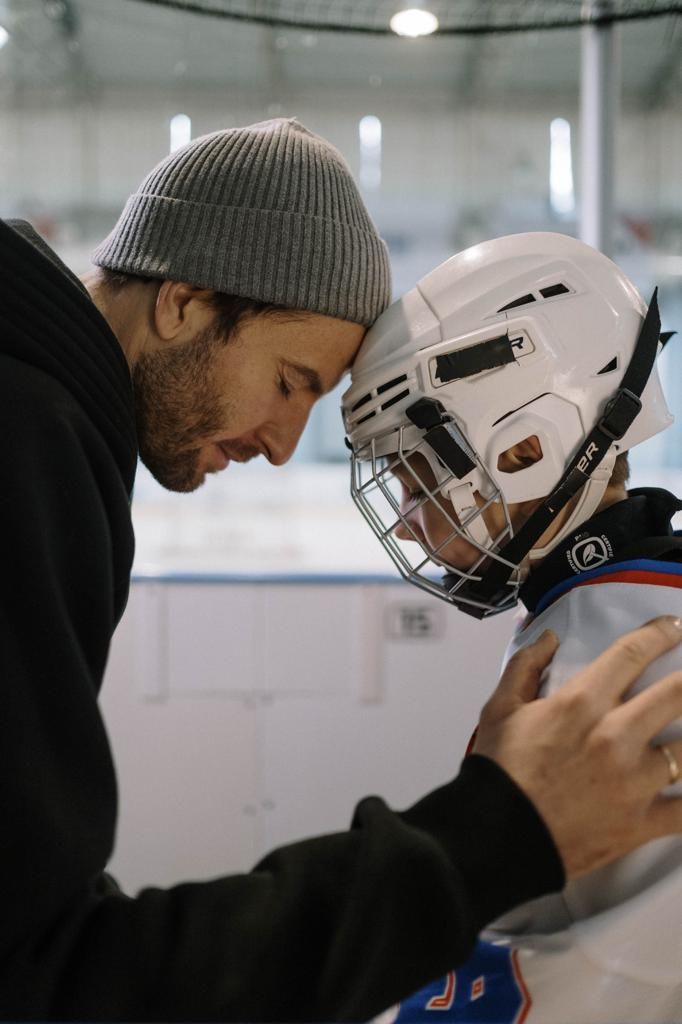YOUR CHILDHOOD INFLUENCE YOUR PARENTING MODEL
As Eckhart Tolle said, "the past gives you an identity" And this is a true fact, because our past influences our present life, however it does not have to determine our destiny. For we are the conscious creators of our lives, and we have the ability to choose the people and parents we want to be.
How your childhood influence your parenting model:
Scientifically speaking, childhood experiences affect brain development. So if you were subjected to chronic stress during your childhood, this may have caused your hippocampus to shrink and, as a consequence, you may tend to overreact impulsively to small stressors in your relationship with your children.
Other scientific evidence of how your past affects your upbringing is the large-scale epidemiological study by physicians Vincent Felitti and Robert Anda, which took into account the childhood and adolescent histories of 17,000 subjects, comparing their childhood experiences with their subsequent adult medical histories. And in the scientific evidence they found that:
1) That an adult with Adverse Childhood Experiences is more likely to suffer from depression than someone without adverse experiences.
2) Individuals who had suffered severe Adverse Childhood Experiences were twice as likely to be diagnosed with cancer as individuals who had not suffered childhood adversity.
3) For every Adverse Childhood Experience a woman suffered, her risk of being hospitalised for an autoimmune disease increased by 20%.
4) An Adverse Childhood Experience score of 6 or higher shortened an individual's life expectancy by almost 20 years.
Other factors that are influencing your parenting:
As we have discussed in the previous section, the relevant serious experiences of childhood undoubtedly affect the way of being a parent. However, there are other factors that, although small, do not go unnoticed. By this I mean your ideas, your thoughts, your philosophy, your habits that have been determined in your childhood according to the way you were brought up by your parents and that you may be unconsciously perpetuating in your children, either for better or for worse. Don't know how to identify them? Here are some situations that can help you:
1) Perhaps there is an activity that you loved as a child and you are likely to seek to recreate some of those experiences with your children. Remember that even if you love it, you shouldn't force it on them (by this I'm not saying don't remind them of the important benefits of doing activities that help their development and have not disciplined and a motivator for getting them to do something that is good for them). It's about finding a balance. Learn how to find it with my parenting coaching course: THE THRIVING FAMILIES PROGRAMME.
2) If you have had any negative memories in your childhood, you are avoiding at all costs that your children go through the same experience. A clear example is that if your parents have been very controlling and permissive you may have tendencies to bring up your children in a very lenient and permissive way.
How do you recognise if your childhood is influencing or affecting your parenting model?
Now that you know the evidence for why your childhood influences your parenting. Here are some questions for you to reflect on and recognise whether your child is affecting your parenting:
- What negative and positive experiences did you have as a child that you still remember that may be influencing your parenting?
- From the above experiences, reflect on: Which ones would you like your children to experience and which ones would you like to avoid?
- Did you experience shocking or traumatic events, such as abuse, divorce, separation, parental substance abuse, poor economic situation or destructive parental behaviour that led you to lose your identity, abilities, dreams or desires?
- What values did your parents instil in you? How did they treat you as a child?
These questions, which are not so easy to answer, can take a while to answer, and you may even feel a lot of emotions. But it is necessary to study the past in order to understand your present. However, even though your present may be conditioned by the past and you now have unconscious and automatic patterns of behaviour that do not allow you to enjoy a healthy relationship with yourself, your partner and your children.
I want you to know, as I said at the beginning of this article, that it is possible to consciously choose to change these patterns and be able to enjoy yourself, your environment, your work and your children in an imperfect but healthy and happy way, as you deserve. And I am here to help you in the process.
Thank you for reading
With love, Dr. Waad Masoud.







